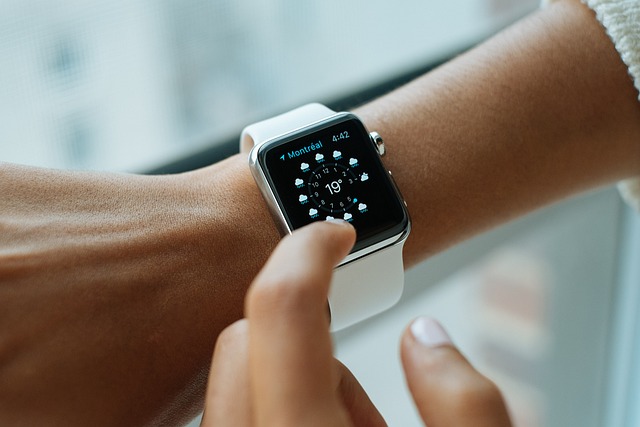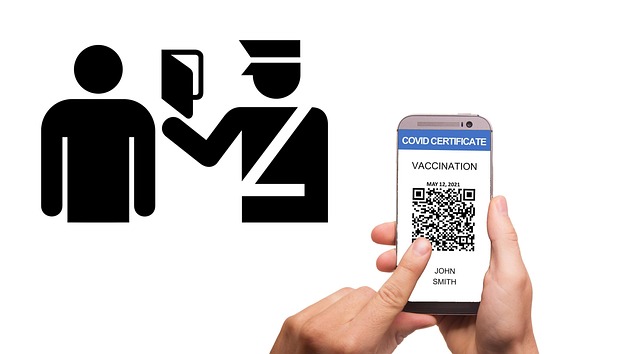The Future of Diagnostics: Technological and Health Innovations in Wearable Health Devices
In an age where technology permeates every aspect of our lives, the realm of healthcare is witnessing a stunning transformation. At the forefront of this change are wearable health devices, which blend cutting-edge technology with everyday functionality to empower individuals in their health journeys. These devices are not just gadgets; they are personal health assistants that promise to redefine how we monitor, understand, and ultimately improve our well-being.
Technological Innovations
The evolution of wearable health devices is driven by rapid advancements in technology. Just a few years ago, fitness trackers merely helped users count their steps or monitor their sleep patterns. Today, these devices are equipped with sophisticated sensors and software capable of capturing an array of health metrics. Heart rate variability, oxygen saturation, and even blood glucose levels can now be tracked in real time.
Moreover, the integration of artificial intelligence (AI) within these devices has paved the way for personalized insights. By analyzing data trends, AI algorithms can predict potential health issues before they escalate, offering users proactive advice tailored to their unique health profiles. This technological synergy not only enhances individual health management but also opens doors for early intervention and preventative care.
Health Innovations
The true power of wearable health devices lies in their potential to revolutionize healthcare delivery. With every heartbeat, these devices provide vital information that can lead to better health outcomes. Imagine a future where chronic conditions can be monitored seamlessly, where heart disease risks can be mitigated with timely alerts, and where diabetes can be managed with continuous glucose monitoring. This future is not as distant as it seems.
Innovations in health monitoring are making it possible to provide care that is not just reactive but proactive. Through remote patient monitoring systems, healthcare providers can stay connected with their patients, significantly improving the quality of care. Such continuity allows for timely adjustments to treatment plans, which can lead to healthier lives and reduced hospital visits.
Beyond individual benefits, the aggregated data collected from these wearable health devices can contribute to larger-scale health research and public health strategies. By understanding trends in health metrics across populations, healthcare professionals can tailor interventions that address community health issues more effectively.
As we navigate through this technological renaissance in healthcare, wearable health devices stand as a testament to the possibilities of innovation in diagnostics. The journey toward better health is no longer solitary; it is a collaborative effort between individuals and technology, cultivating a future where health is not just managed, but optimized.




